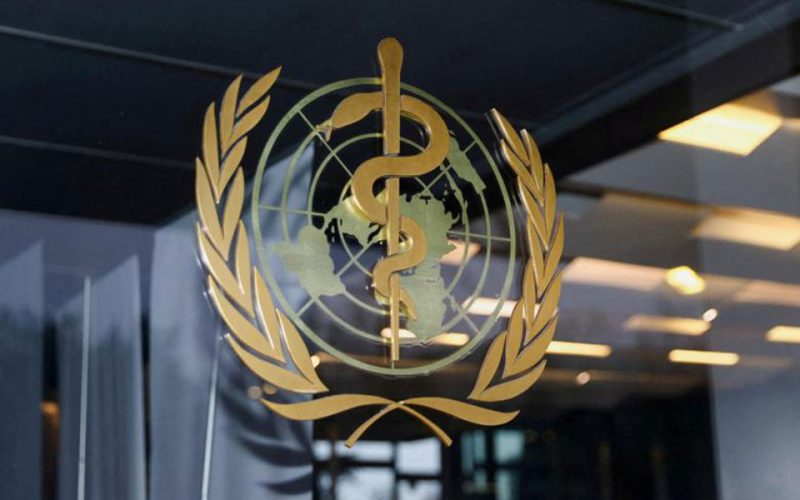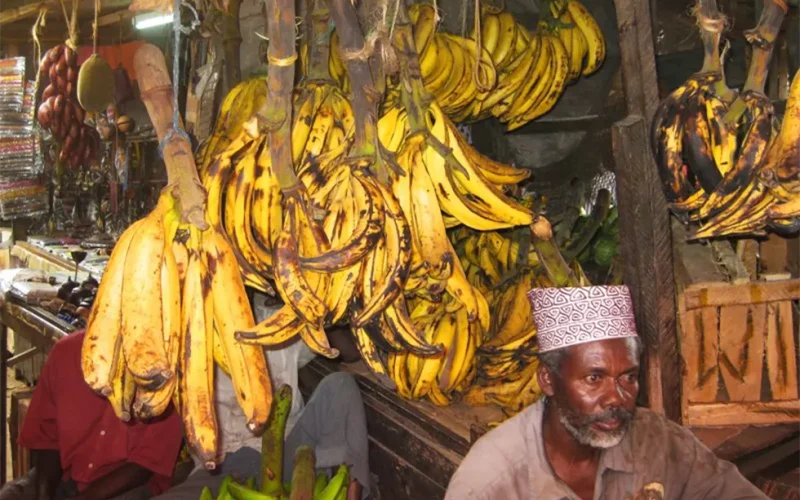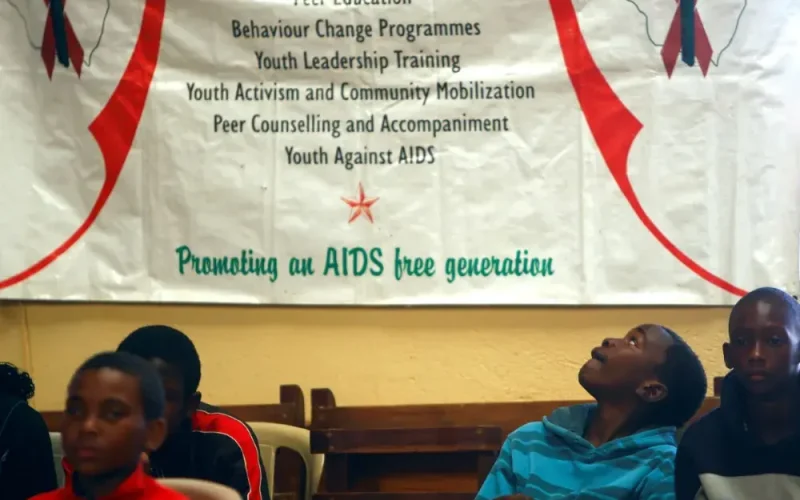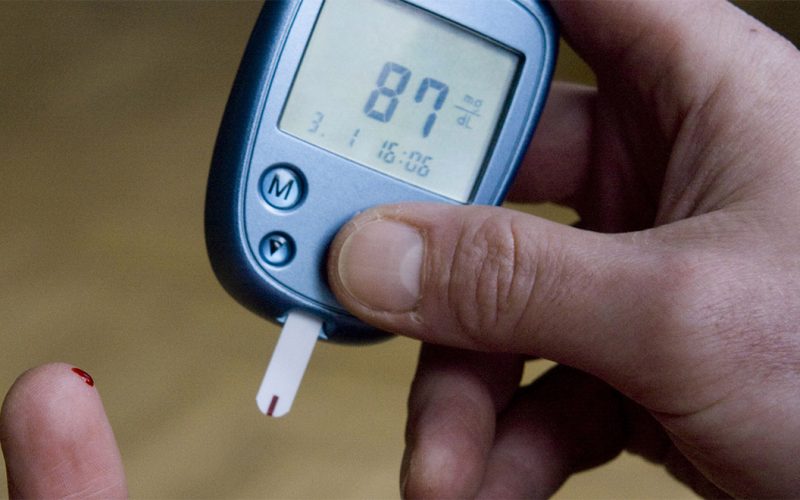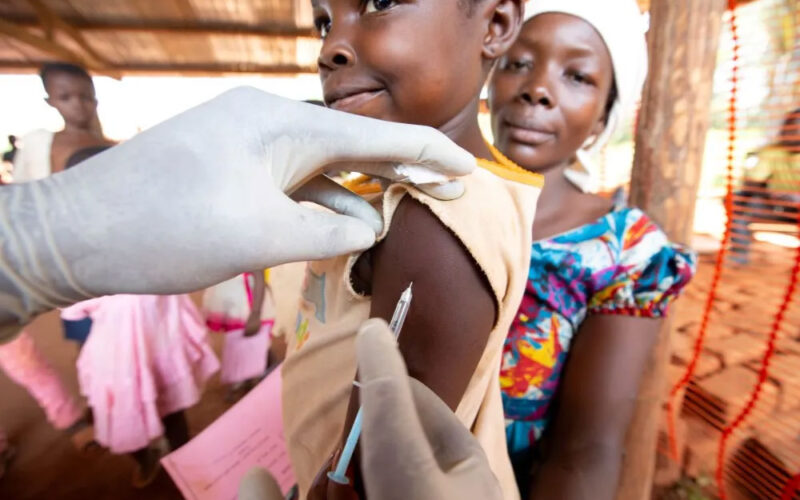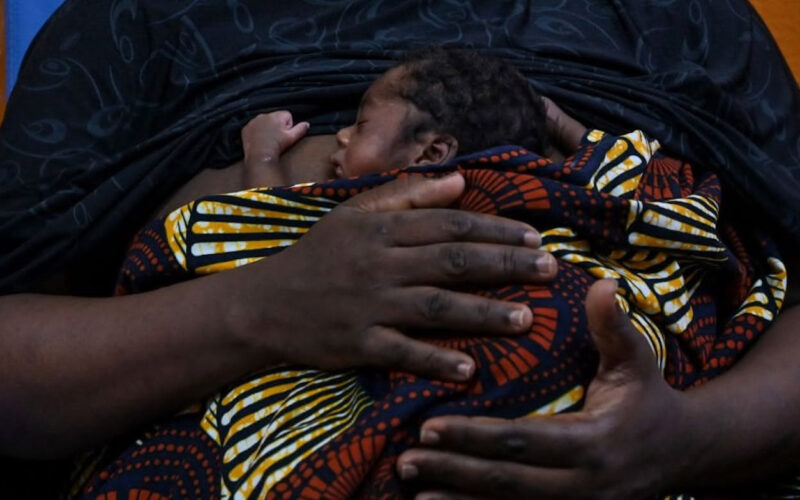
Read, sing, dance and funny faces: expert tips on how you can help your baby’s development through play
PLAY is how children learn about the world, explore their environments, and engage in physical activity. It’s also essential in nurturing children’s social, emotional and cognitive capabilities and is an important component of bonding with caregivers. Playtime for children is as important for their development as exercise is for adult health. Guidelines have been developed in South Africa, which closely follow international guidelines, for how much sleep, physical activity and sedentary time children should get each day from when they are born. Children under the age of two should spend as much tummy time – time spent on their tummies…

